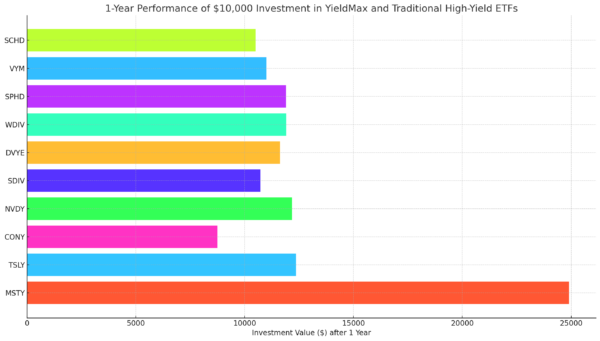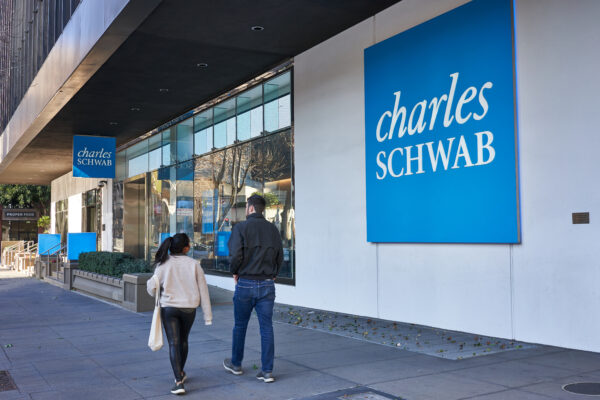Exxon Mobil’s Dividend History and Safety
Exxon Mobil (NYSE: XOM) used to be a staple stock in many retirement portfolios, though renewable energy and sustainable investing growth are pushing some investors away. On top of that, energy prices have dropped, and this has squeezed margins. But Exxon Mobil’s dividend history should still continue to grow.
Cash flow remains strong, and Exxon won’t be disappearing anytime soon. Let’s take a look at the business, dividend history and payout safety going forward.
Exxon Mobil’s Business
Exxon Mobil is a $278 billion business. The company is based out of Texas and employs 71,000 people. Last reported year, Exxon Mobil pulled in $279 billion in sales, which works out to $3.9 million per employee.
The company is one of the six oil supermajors and has a healthy credit rating of AA+ from the S&P. This allows Exxon Mobil to issue cheap debt to expand operations and finance other initiatives. Many oil companies have cut back spending on new projects, but Exxon has ramped up. This and a focus on higher-profit-margin projects will help drive new business.
Exxon Mobil Dividend History
Exxon has paid and raised its dividend for 36 consecutive years. This is a great sign for income investors. Let’s take a closer look at the last 10 years.
The company paid investors $1.66 per share a decade ago. Over the last 10 years, the dividend has climbed to $3.23. That’s a 95% increase, and you can see the annual changes below…

The compound annual growth is 6.9% over 10 years… but over the last year, the dividend climbed 5.6%. The slowdown in dividend growth isn’t a great sign, although Exxon Mobil still might be a good income investment. Let’s take a look at the yield…
Exxon Dividend Yield vs. 10-Year Average
Exxon Mobil’s long history of paying dividends makes it one of the best dividend stocks around. This also makes the dividend yield a great indicator of value. And a higher yield is generally better for buyers (sustainability is also important and covered below).
The dividend yield comes in at 5.3%, above the 10-year average of 3.82%. The chart below shows the dividend yield over the last 10 years…

The higher yield shows that investors have bid down the company’s market value. They might be expecting higher growth and payouts. But more often than not, the dividend yield is mean-reverting with share price changes.
Is Exxon’s Dividend Safe?
Many investors look at the payout ratio to determine dividend safety. They look at the dividend per share divided by net income per share. So a payout ratio of 60% would mean that for every $1 Exxon Mobil earns, it pays investors $0.60.
The payout ratio is a good indicator of dividend safety… but accountants manipulate net income. They adjust for goodwill and other non-cash items. A better metric to use is free cash flow.
Here’s Exxon Mobil’s payout ratio based on free cash flow over the last 10 years…

There was a spike in 2015 due to a drastic drop in oil prices. But it has recovered a bit, and the payout ratio is now closer to 84%. This gives a little wiggle room for Exxon’s board of directors to raise the dividend. Although if oil prices drop again, this could put more pressure on increases.
Exxon’s management team has confidence in being able pay future dividends. The company can still be profitable at $40 per barrel, and that’s not the case for many other energy companies. This makes Exxon Mobil one of the safest bets in the energy sector.
If you’re interested in finding more investing opportunities, sign up for our free e-letter below. It’s packed with investing insight from our market experts.





